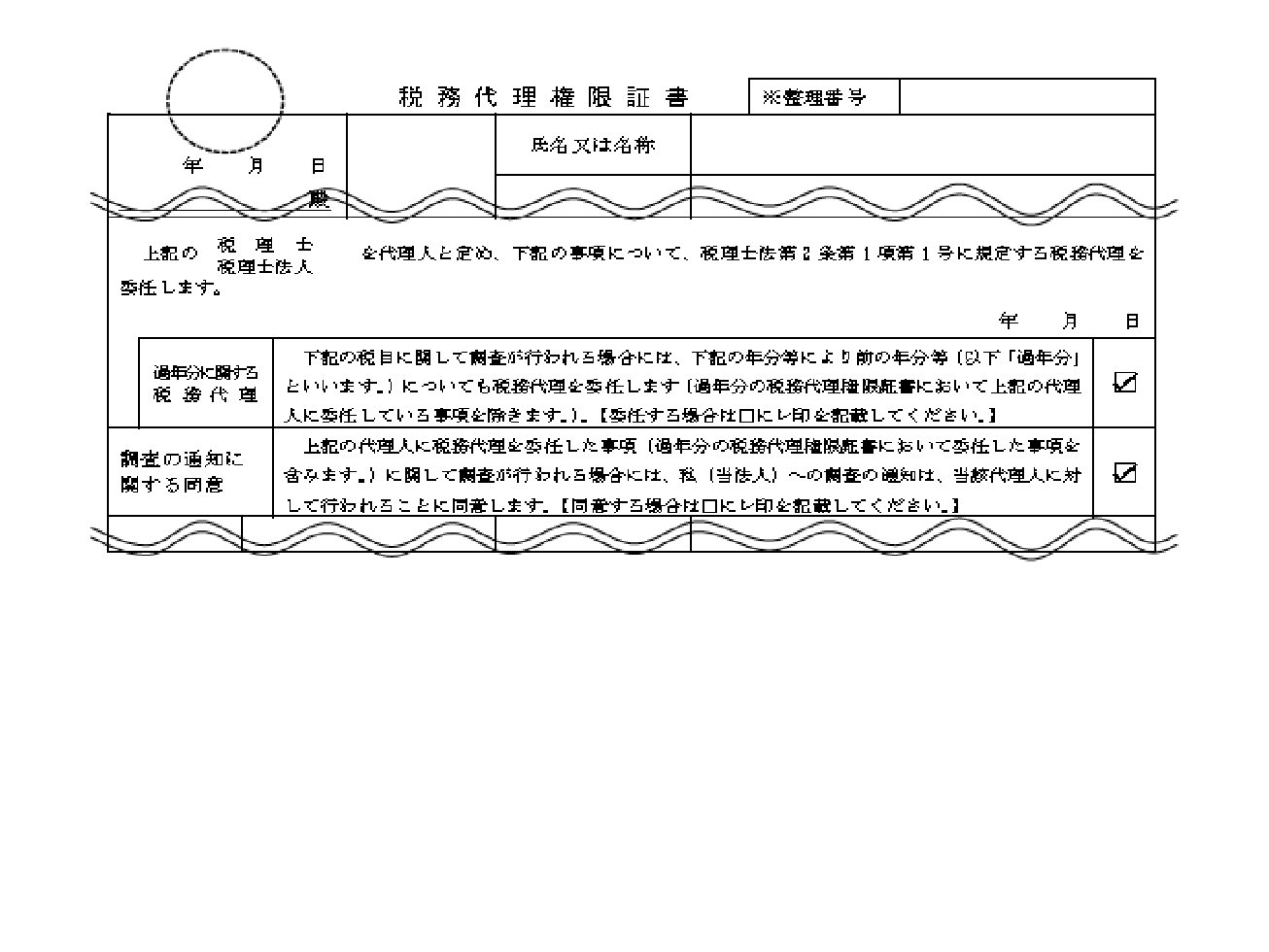Tax Obligations

본문
In order to ensure accurate financial reporting, businesses must maintain detailed and organized records of all income and losses. This includes keeping receipts and other incorporated documents. These records must be properly organized and 税務調査 どこまで調べる easily accessible for review purposes.

Companies are also required to submit declarations on time, which includes the filing of taxes with the government. This may involve completing declarations and providing documentation to support the information provided. The deadline for declarations varies depending on the country and type of organization.
Tax audits are a critical part of the tax compliance process, as they allow the government to verify that businesses are accurate and responsive in their declarations. During a financial review, the government will review the company's financial records and compare them to the information provided on the declaration. If any inconsistencies are found, the company may be required to pay additional taxes, fines, and interest.
To prepare for a tax audit, businesses should maintain accurate and organized records, have a clear and thorough understanding of the standards, and develop a plan for responding to any audit inquiries. Businesses should also communicate with their tax advisor to ensure that all necessary steps are taken to protect their financial reporting.
Several key conditions must be met for financial reporting and audit purposes, including:
- Maintaining accurate and electronic records of financial transactions
- Submitting declarations on time
- Providing truthful and detailed information on financial statements
- Being proactive for tax audits
- Having a clear understanding of regulations
- Penalties for late or incorrect tax returns
- Interest on unpaid taxes
- Potential legal action
- Damaged reputation
Regular communication with accountants is essential to stay on top of tax laws and ensure that the company is in accordance at all times. Companies must be responsive in their approach to tax compliance, staying up-to-date with changes in regulations and seeking professional advice when needed.

댓글목록0
댓글 포인트 안내